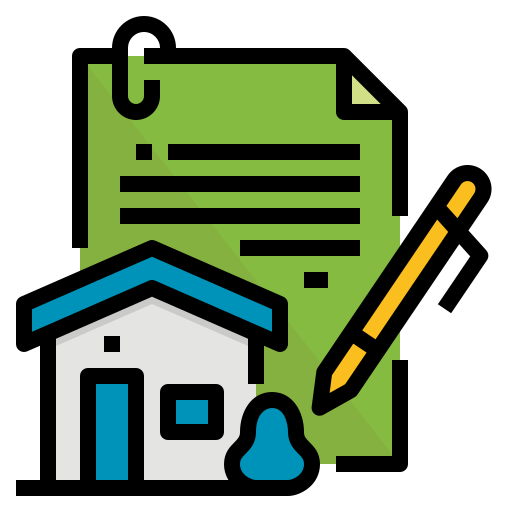Mother and her child heating up a legs in front of an electric heater. Domestic universal convector.
Getting through COVID-19 with the lights and heater on Cost of Living
Getting through COVID-19 with the lights and heater on
COVID-19 ISSUES ALERT
COVID-19 presents an international public health crisis.
But on the most daily level, what it means for many of us is lots of time at home.
We’re all adjusting to this new reality (some in more creative ways than others).
Over the next few months, as winter digs in, there will be one aspect of adjustment that could hit some people particularly hard: energy use.
Energy hardship has been an increasing problem for Victorians long before the current crisis. For some households, having to choose between keeping the lights on and buying medicine or putting food on the table isn’t a new experience.
This should never have been the reality for any Victorian household. Now, with so many people stuck at home and on reduced incomes, the concern is that this reality will become much more commonplace and more acute.
Here are six things that need to be considered, to get Victorians through the long winter months at home.
|
|
1. Assistance is keyComing into winter, modelling suggests that some households could be more than $200 a month worse off with their bills as a result of COVID-19. Will the Commonwealth and/or State Government provide additional concessions or rebates to help low-income households?
|
|
|
2. An energy crisis will hit already vulnerable peopleOne insidious thing about energy hardship is that it can be a slow-burn problem. Keeping the heater on during winter self-isolation might come back to bite in months’ and years’ time. This is particularly worrying for people in already precarious situations like single parents, people with disabilities and health issues, and culturally and linguistically diverse communities. What extra help can those people depend on if they experience bill shock?
|
|
|
3. Retailers need more than encouragementPre-COVID requirements and public reminders from the regulator state that retailers have an obligation to ‘be helpful’ if energy users have trouble paying their bills. But what this means in practice is not necessarily clear. Public commitments to no disconnections, debt collections and late fees would be an important start. There is no obligation for retailers to waive bills, and introducing payment plans could see some customers stuck with a debt crisis on the other side of the health crisis. Retailers need to absorb more of the cost and commit to lessening the burden on customers.
|
|
|
4. Financial counselling can save peopleNavigating information lines, call centres and websites can be an extremely stressful experience in already stressful times, particularly for people with mental health challenges (and research has shown that mental ill-health and energy hardship are often correlated). Better access to financial counselling could help people experiencing this kind of vulnerability. How do we quickly prepare financial counsellors and get them to the areas they are needed? |
|
|
5. What about the community sector?Community organisations provide valuable services to struggling Victorians, needed now more than ever. These organisations are changing the way they work in response to the pandemic. With remote staff requiring home-based workstations and a host of new expenses, organisations will need assistance to manage the transition. What measures will be put in place to help community organisations meet rising costs, including energy bills?
|
|
|
6. Healthier homes mean cheaper billsPoorly insulated homes with power-hungry appliances have been a problem pushing energy bills up long before the COVID-19 crisis hit. That problem will be magnified with vulnerable people out of work and stuck at home. Low-income households can’t afford to make the big changes that would make the most difference to their bills, like buying new appliances or installing rooftop solar. Investing in energy efficiency programs and expanding rollout of rooftop solar not only helps these people, it means more jobs and economic stimulus to help in the recovery. It’s win/win. |
As a general message to energy consumers: if you’re having trouble paying a bill it’s best to let the retailer know straight away. And let them know that if they won’t help your next call will be to the energy and water ombudsman.
But the onus here can’t just be on consumers. Retailers, regulators and governments have an obligation to provide more clarity and more assistance.
Anything less risks leaving vulnerable Victorians out in the cold at the toughest of times.
- To arrange an interview with VCOSS CEO Emma King contact Ryan Sheales on 0418 127 153 or via email.
- If you need a photo of Ms King, please visit the VCOSS Media Hub.






